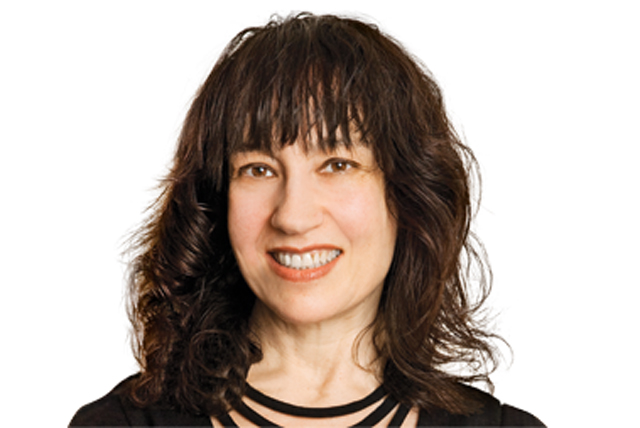Nearly 15 million viewers watched the final of on the BBC. More than a quarter of the UK population tuned in to see Nadiya’s heartfelt speech. I have some doubts about marshmallow fondant with lemon drizzle, but none at all about the gorgeous winner.
The show has attracted much discussion in the media focused on diversity and political correctness. But, instead, let’s consider how Bake Off proves audiences are still available in huge numbers on British television for entertainment peaks in the way that they used to be back in the old days.
In media planning, we have learnt to use TV in a much more fragmented way over the last half-decade. Can we imagine an era when you could once again regularly count on reaching a quarter of the UK in one show on one night?
The capacity to bring huge audiences in at one go remains the remit of one channel commercially. It is an unshakeable truth that ITV draws the biggest audiences. When Channel 4 launched, there was a brief period when the airtime was sold by ITV sales houses regionally. For one night – and I think one night only – some Channel 4 shows were aired on ITV in a mass sampling exercise. The programmes, which included the soap and an original movie called , drew far bigger audiences when shown on ITV (and this was at a time when there were only four channels).
Despite mobile and tablet viewing habits, the main screen viewing behaviour of the British public has, in some respects, remain unchanged. There are all kinds of programmes that, if shown on ITV, would drive bigger audiences. Sporting events remain big draws (England versus Wales in the rugby delivered 13 million viewers) but the last time ITV achieved 15 million viewers in entertainment was years ago.
The size of the audience is not purely about the quality of the content. I sat through the Bake Off final and, trust me, if you missed it, you really didn’t miss that much. The marketing of programmes by the BBC and the reputation of the BBC master brand is a huge ingredient in the brilliant audience figures. The approach exploits paid, owned and earned media, acknowledges the massive role that the audience plays in Bake Off’s success and is long-term, friendly and famously nurturing of new ideas and talent.
While it is obvious that the BBC's funding means it can afford these strategies, it is wrong to dismiss its approach for that reason alone. The BBC has constraints that commercial channels do not in terms of what it can spend on marketing – it would be subject to heavy criticism if it was publicly judged to be profligate with licence-fee money.
So how can ITV emulate the brilliant tactics used by the BBC?
Commercial TV can lean on technologial advances to help advertisers in new ways. Jamie West, Sky Media’s deputy managing director, wrote in 北京赛车pk10 this month about the evolution of targeting on TV using Sky AdSmart, which serves different ads to different households watching the same TV show. This has the potential to reduce wastage and improve effectiveness for a client with a portfolio of brands. What advertisers would also like is the ability to realiably reach lots of people at the same time in one spot.
Come on, ITV – don’t put boundaries on yourself. Don’t say maybe. If Bake Off can do it, so can you.
(All audience figures used are from Barb.)
Sue Unerman is the chief strategy officer at MediaCom


